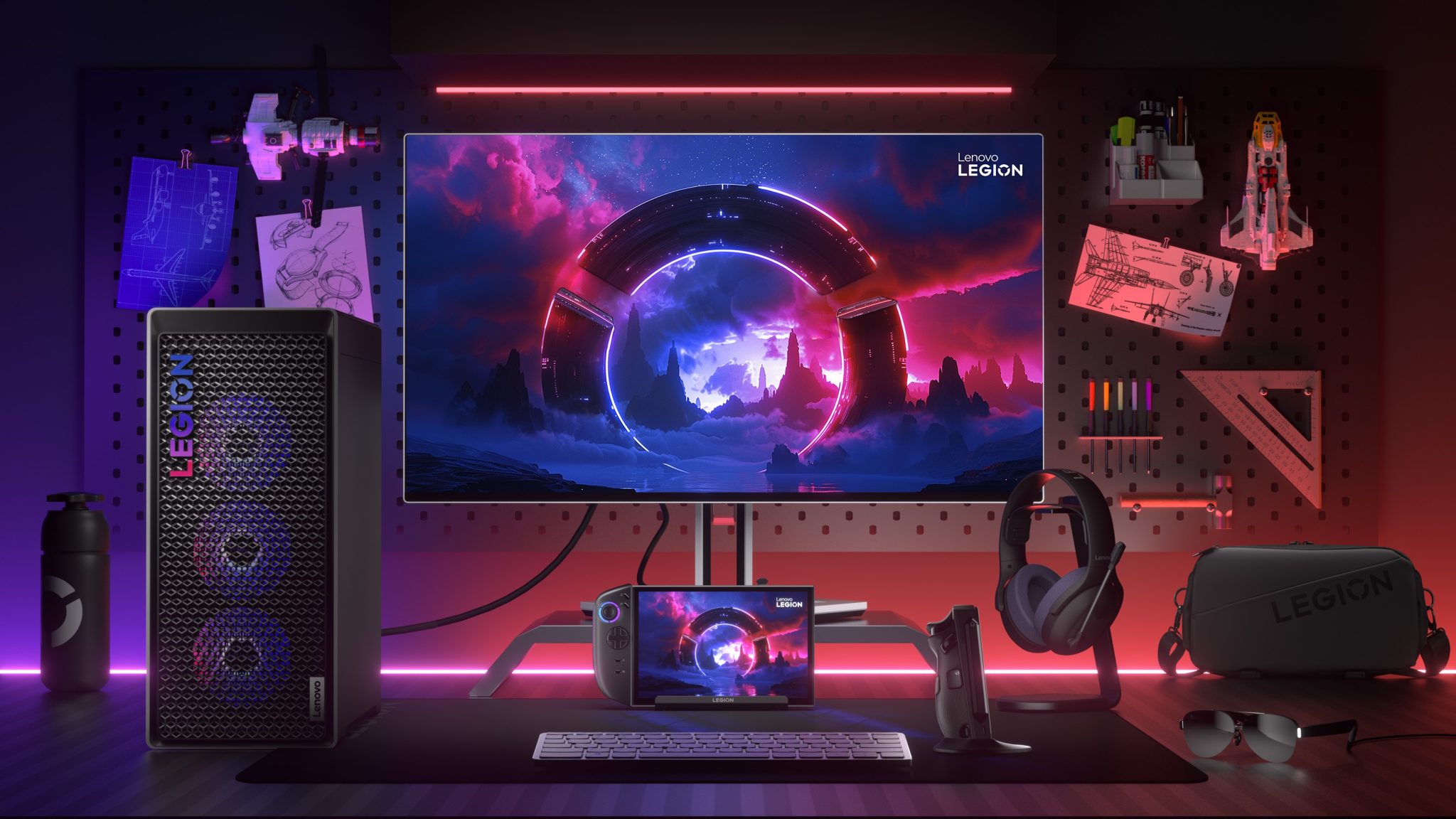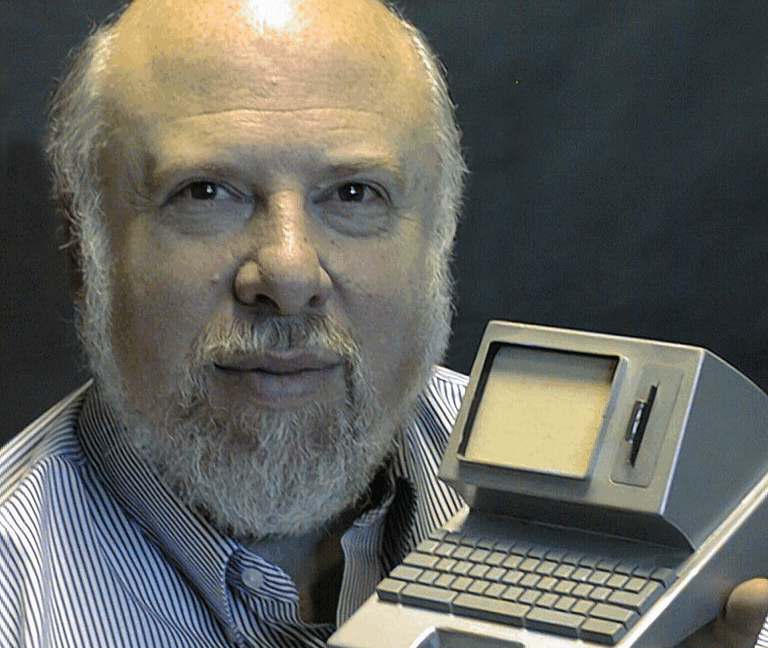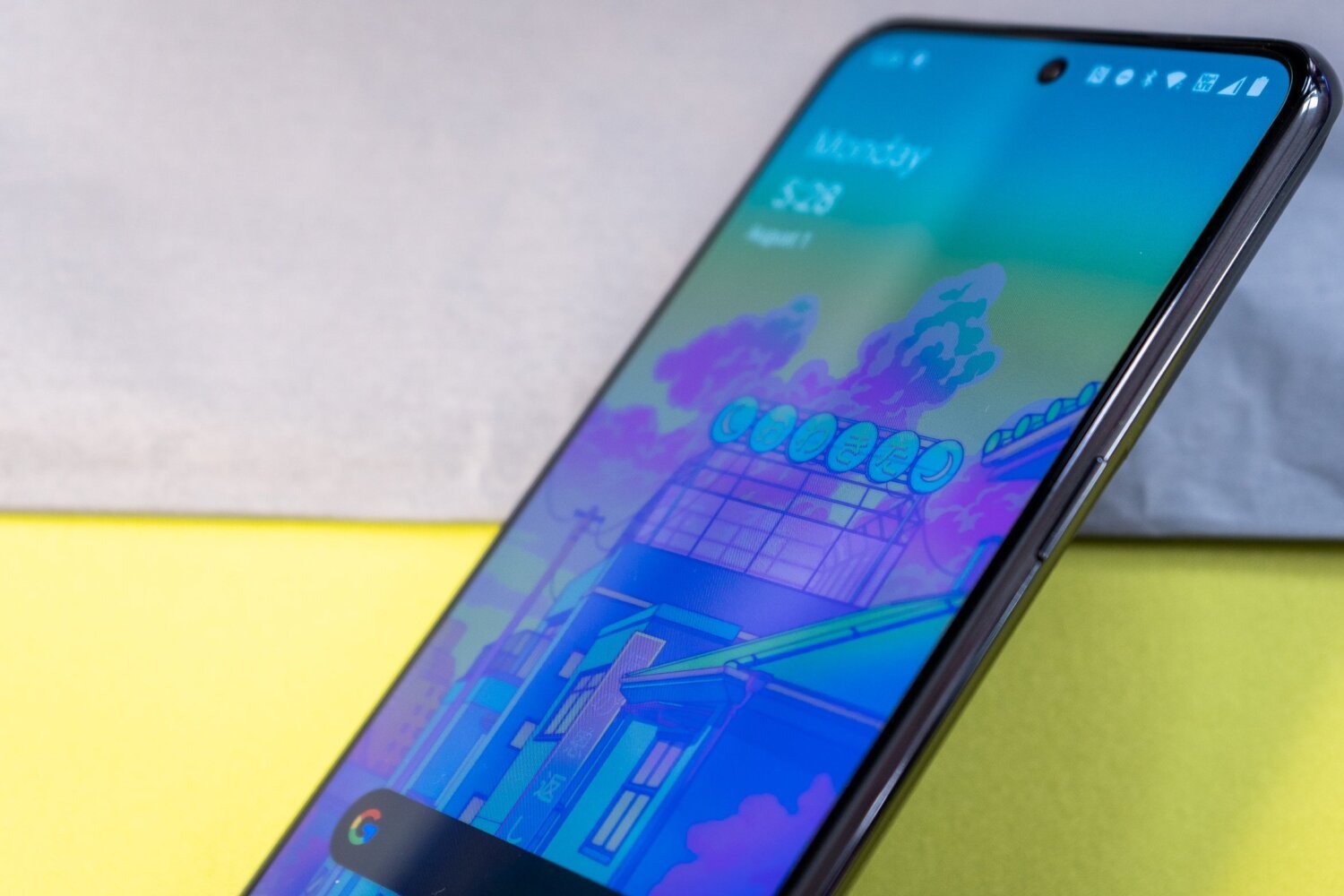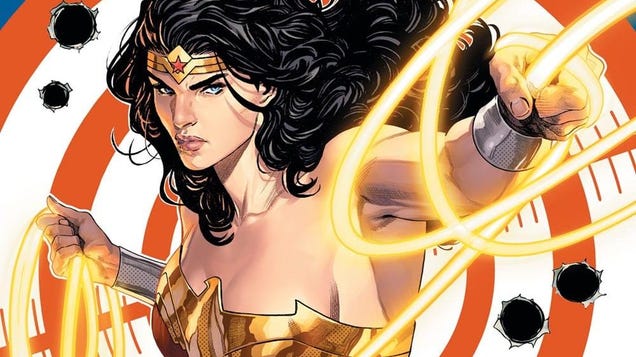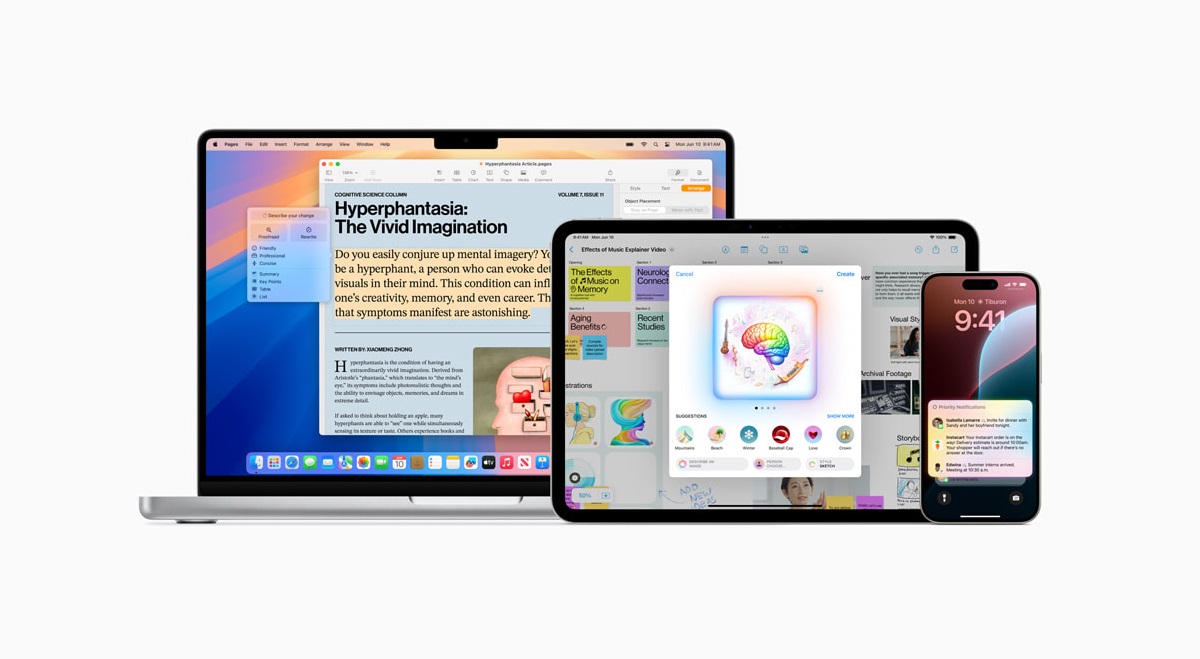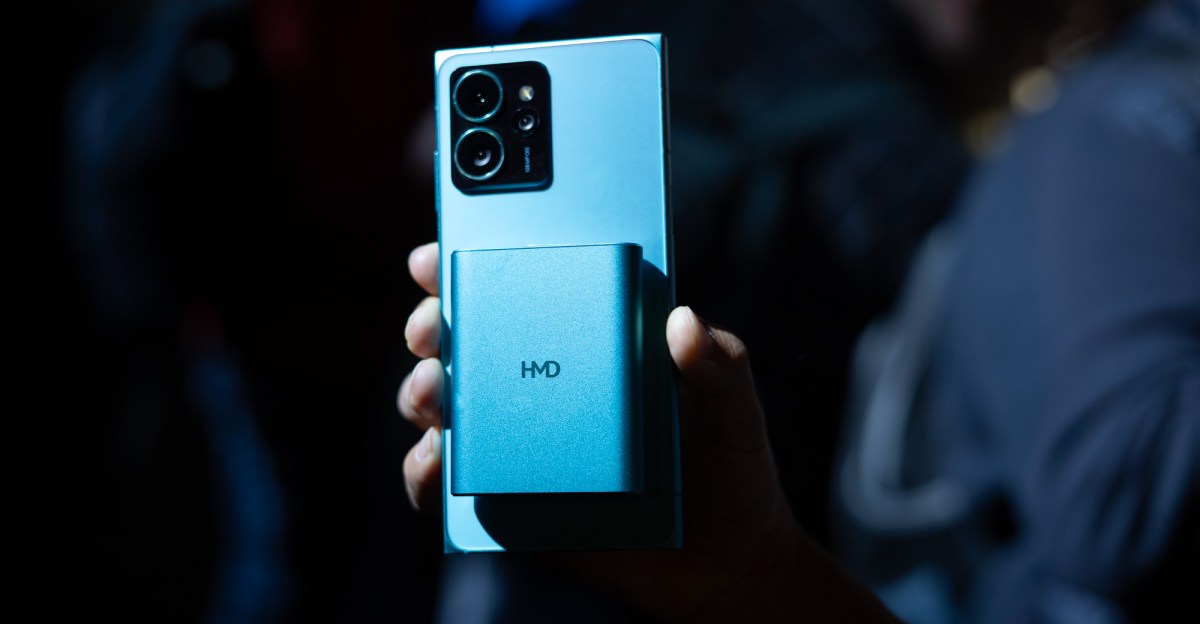Legal Victory: Nintendo Crushes Rival's Switch 2 Mockup in Decisive Settlement
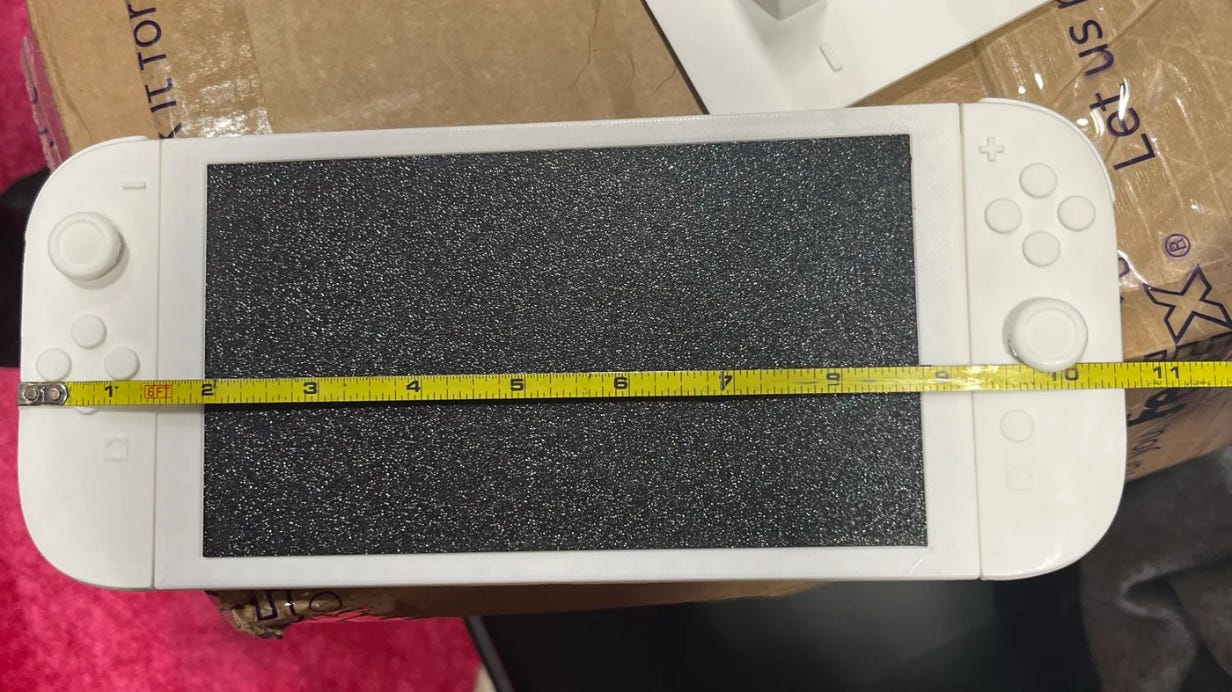
In a legal showdown that highlights the fierce protection of intellectual property in the gaming industry, Nintendo has emerged victorious against accessories manufacturer Genki. A U.S. federal judge has ruled in favor of Nintendo, ordering Genki to pay substantial damages following a lawsuit centered around their controversial Nintendo Switch 2 mockup displayed at the Consumer Electronics Show (CES) 2025.
The case underscores the intense scrutiny and legal risks associated with prematurely teasing or mimicking unreleased gaming hardware. Genki's unauthorized mockup apparently crossed a line that prompted Nintendo to take swift legal action, ultimately resulting in a settlement that sends a clear message about respecting the gaming giant's design and brand integrity.
While specific details of the damages remain confidential, the ruling serves as a stark reminder to accessory manufacturers and tech companies about the potential consequences of speculative product representations without proper authorization.

